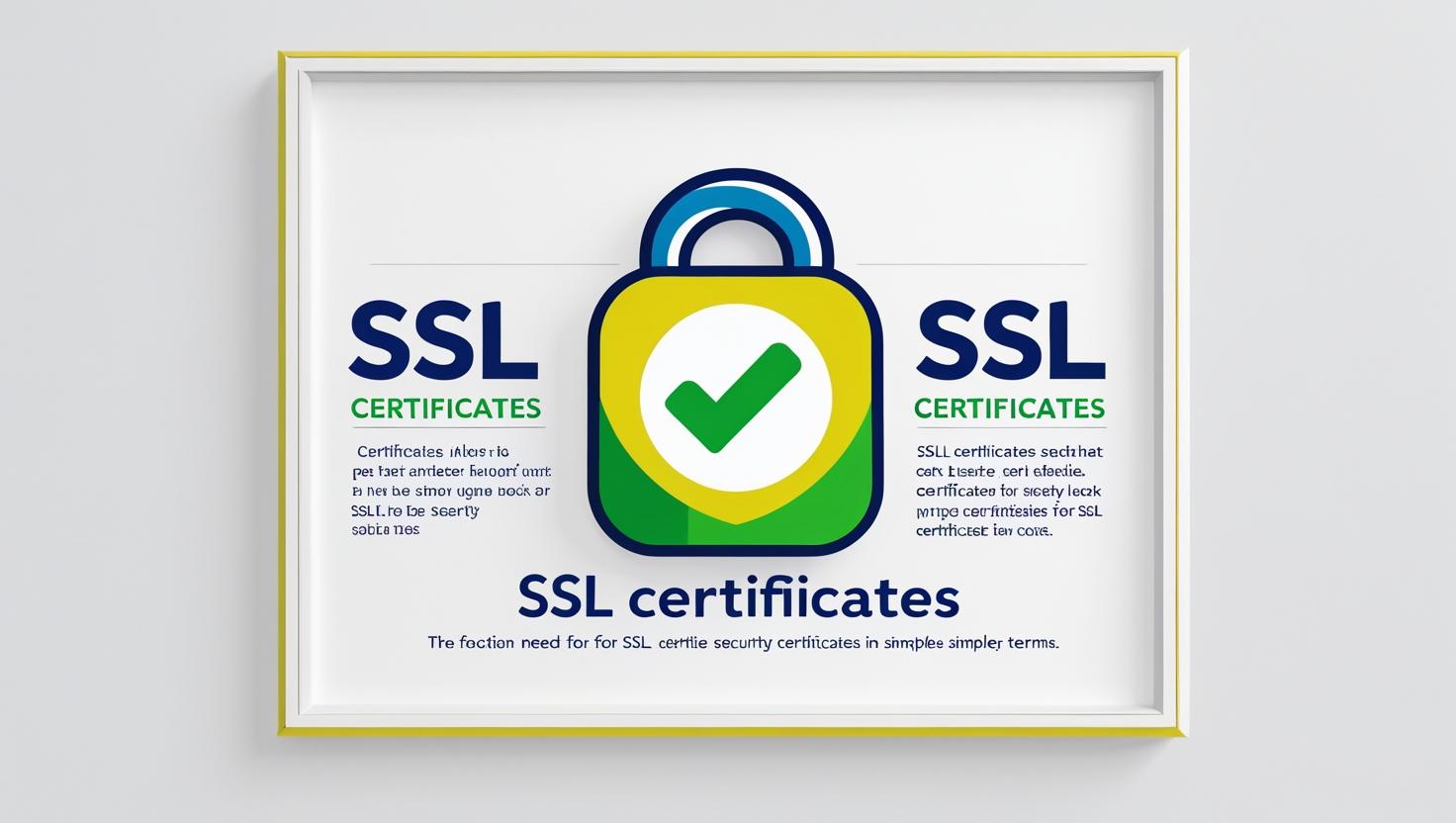
- June 1, 2025
- Security & Best Practices
SSL Certificate Explained: Do You Really Need It?
In today’s digital world, online security is more important than ever. If you run a website—whether it’s a blog, business site, or eCommerce platform—you’ve likely heard about SSL certificates. But what exactly is an SSL certificate, and do you really need one? Let’s break it down.
What Is an SSL Certificate?
SSL stands for Secure Sockets Layer. An SSL certificate is a digital certificate that encrypts the connection between a web server and a user's browser. When SSL is enabled, your website uses HTTPS instead of HTTP, showing a padlock icon in the address bar.
How SSL Works
When a visitor accesses your website:
-
The browser requests a secure connection.
-
Your server responds with the SSL certificate.
-
A secure, encrypted session is established using a unique key.
This encryption ensures that sensitive data—like passwords, payment information, or personal details—cannot be intercepted by hackers.
Why SSL Is Essential in 2025
Cyber threats are evolving, and visitors are more privacy-conscious than ever. In 2025, SSL certificates are not just a best practice—they're essential for SEO, user trust, and compliance.
1. Boosts SEO Rankings
Google has confirmed that HTTPS is a ranking signal. Websites with SSL tend to rank higher in search engine results compared to those without it.
-
Increases site credibility
-
Enhances user experience
-
Reduces bounce rates
2. Builds Trust with Visitors
The padlock symbol in the browser assures users your site is secure. Without SSL, visitors may receive “Not Secure” warnings, causing them to leave.
-
Especially crucial for eCommerce and login-based sites
-
Increases conversion rates
-
Demonstrates professionalism and security awareness
3. Secures Data Transfer
Whether you collect emails or run a full-scale online store, SSL protects data from being intercepted.
-
Encrypts login credentials and payment details
-
Prevents session hijacking and phishing attacks
-
Essential for GDPR, CCPA, and other data compliance laws
Types of SSL Certificates
Understanding the different SSL certificate types helps you choose the right one:
Domain Validation (DV)
-
Fast and affordable
-
Basic encryption
-
Best for personal blogs or informational sites
Organization Validation (OV)
-
Verifies business identity
-
Better for company websites
Extended Validation (EV)
-
Highest level of trust
-
Shows the organization name in the browser
-
Ideal for banks, eCommerce, and large enterprises
Do You Really Need an SSL Certificate?
If you ask this question in 2025, the answer is a firm yes.
Whether you're collecting personal data, selling products, or simply publishing content, SSL is now a standard requirement, not an optional feature. It impacts your SEO performance, user trust, and legal compliance.
Final Thoughts
An SSL certificate is no longer a luxury—it’s a necessity for any website in 2025. From securing user data to improving your search rankings and building trust, the benefits are clear. If your site still runs on HTTP, now is the time to upgrade to HTTPS and secure your digital presence.









